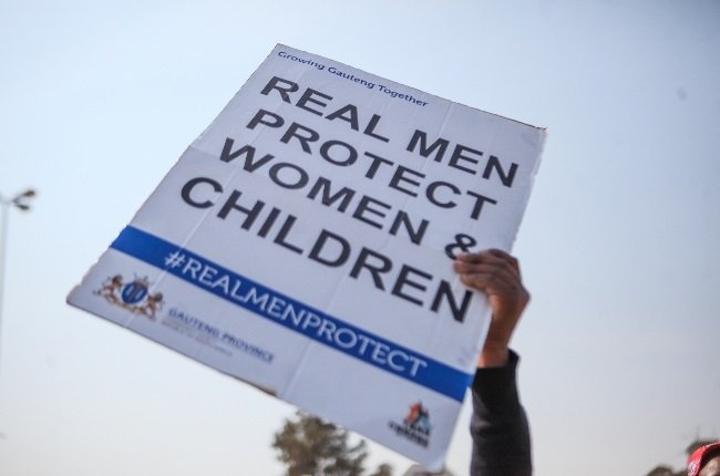Africa-Press – South-Africa. Research by the Commission for Gender Equality has found while cases of gender-based violence (GBV) are increasing across the country, there is also a concerning rate of criminal cases being withdrawn.
The findings are contained in its biannual police report which covers March to September 2021.
The commission conducted oversight of 66 police stations and Thuthuzela care centres across the country – this represents about 6% of all police stations.
Releasing the report on Tuesday, its acting chairperson, Dr Nthabiseng Moleko, said the commission went to 13 of the 30 GBV hot spots across the country.
It was denied entry at the Mowbray police station in Cape Town as well as the Kagisho and Roodepan police stations in the Northern Cape.
During the visits, the commission assessed the status of crimes, staffing, GBV and Victim Empowerment Plan units. It also checked the availability of rape kits and victim-friendly rooms.
“The findings also depicted the alarming withdrawal of cases by victims, high levels of poverty and distance from police stations and courts as some hindering factors for victims’ ability to access justice,” the report stated.
For instance in Parow, Cape Town, 11% of all domestic violence cases in 2020/21 were withdrawn.
“Overall, some cases were on the court roll for long periods and could not be supported by evidence, resulting in acquittals. This was due to the backlog at the laboratory, which impacted pending cases, resulting in withdrawals.”
In Nyanga, Cape Town, Moleko said 28 rapes and three domestic violence cases were withdrawn.
One of the findings, when it came to the withdrawal of cases, was families wanting to deal with the allegations as a unit rather than involving police.
Other reasons included the distance to courts and forensic labs taking long to release their findings.
Moleko said:
She added another hindrance in solving cases was the unavailability of police vehicles.
“Across the stations, there was a general shortage of vehicles.”
Moleko said police needed to pay attention to the vehicle issue to ensure residents received services.
Can I sue the SAPS for negligence as a sexual violence survivor? Experts weigh in
She added in informal settlements, police often struggled to locate victims and perpetrators because the streets were unmarked.
When it comes to services the police offer, Moleko said language and interpretation were a concern.
“We are not saying every police station should have Braille, but they need to have partnerships so that people who need that service are helped. The statement victims give to police has implications on whether the case will be prosecuted or not.”
Equally important, she added, was the training of police officers to deal with victims.
“We found that not all stations had trained staff. For victims, it can be re-traumatising to deal with someone who is not trained.”
Brutal start to the year for SA with nearly 11 000 rape cases in just the first 3 months
The highest proportion of trained officers was at the Ermelo police station in Mpumalanga. The station with the lowest number of trained staff was the Nelspruit police station.
When assessing victim-friendly rooms, the commission found most police stations had facilities but were not well maintained.
The report stated: “Most of the SAPS facilities across the provinces have victim-friendly room units. However, almost 40% of the sites visited displayed poorly maintained victim-friendly rooms that were unacceptable for victims according to the norms and standards set out by the SAPS.”
Of all the police stations visited, only the Witbank police station in Mpumalanga and Sasolburg police station in the Free State did not have rape kits on site.
Moleko said to deal with GBV, police stations did not have resources for preventative measures.
“We are always responding. We have to deal with the issues of prevention. One rape is one too many. We have to come up with ways of ensuring these don’t happen.”
One of the ways, she added, was dealing with alcohol use in communities.
“There is a link between alcohol and GBV. We have to impose harshly on illegal taverns. We have to close taverns that are close to schools.”
But Moleko said the most important thing was dealing with abusers in communities.
“Whose sons are these? Do they come from nowhere? These are our brothers, cousins and uncles. The root problem is a societal structure, we have to deal with prevention.”
For More News And Analysis About South-Africa Follow Africa-Press






